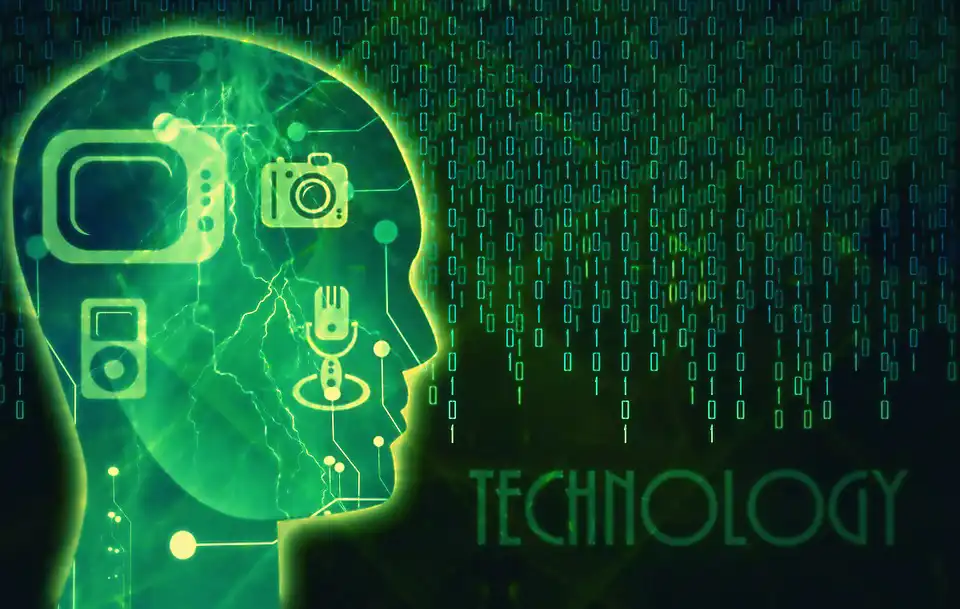The Rise of AI Investments
Artificial Intelligence investments are on the rise, driving changes across various sectors. In the tech industry, companies are investing heavily in AI to streamline operations and increase efficiency. This move towards automation is causing a seismic shift in the workforce, leading to job losses.
While it's not a new phenomenon, the pace of AI advancement coupled with significant corporate investments has accelerated the process. Historically, technology has played a role in replacing manual tasks. The advent of AI goes a step further by taking over cognitive tasks previously performed by humans.

The focus is not only on AI's ability to perform tasks faster and more accurately, but also on its potential to transform business models. As a result, several tech companies are ramping up investments in AI at the expense of human resources. But this move is leading to a significant number of layoffs.
For instance, Better.com, an online lending startup, laid off about 400 employees via a Zoom call in early December. But the company continues to actively seek AI developers. Similar trends can be observed across tech companies of all sizes, indicating a tectonic shift.
Job Landscape in the Tech Sector
The influx of AI investments is dramatically altering the job landscape in the tech industry. Many positions previously performed by humans are being automated. Positions that aren't directly automated often require a skill set to maintain and control these automated systems.
For some professionals, this means re-skilling, which can often be costly in terms of time and money. For others, the changes may mean the loss of employment without clear prospects for future jobs. Amid these uncertainties, some employees fear that AI will ultimately replace many human-led roles.
Many AI jobs are also usually high-skilled, narrowing the job market for people without the relevant qualifications. Therefore, while AI is creating jobs, it's also rendering other jobs redundant. This dynamic is causing an uneven distribution of job opportunities.
Not all professionals within the tech industry view the growth of AI as a threat. Some see it as a promise of progress and an opportunity to transition into more strategic roles. But this transition isn't smooth for everyone.
Hype Versus Reality
There’s also an ongoing debate about the disconnect between the AI hype and its reality. While AI is indeed, transformative, it doesn’t replace the human touch. AI is essentially a tool designed to enhance human abilities and not a replacement for human skills.
The hype has led many companies to inject huge sums into AI without understanding its limitations. Not all tasks are suited for AI, and companies that rush to automating those tasks could run into several operational inefficiencies.
Moreover, while AI can undoubtedly perform certain tasks faster and more accurately, it's important to remember that it doesn’t possess human qualities such as empathy and decision-making based on experience.
Additionally, the rush to automation could potentially ignore the value of the vital soft skills that humans bring to the workplace. Skills like emotional intelligence, leadership and teamwork cannot be automated and remain invaluable.
Maximizing the Benefits of AI
The influx of AI in businesses certainly has its benefits. The ability of AI to assess vast amounts of data and spot trends can provide businesses with better insights and help in improving efficiency. However, businesses must be cognizant of the pitfalls of rushing to AI and ignoring the human element.
It's also pivotal for businesses to explore how they can expand job opportunities in AI by providing necessary training. Upskilling and reskilling should not just be the responsibility of individuals but also organizations as they transition to AI-powered operations.
While it is crucial to be future-ready, rushing to adopt AI without a thorough understanding of its implications can lead to several challenges. As companies continue to ramp up AI investments, it's integral that they strike a balance between automation and human roles.
Despite the upheaval, AI's potential offers an exciting future for the tech industry. The way forward involves harnessing the power of AI while also investing in human skills to alleviate the job crisis. The goal should not be to replace humans but to augment their abilities with AI's potential.